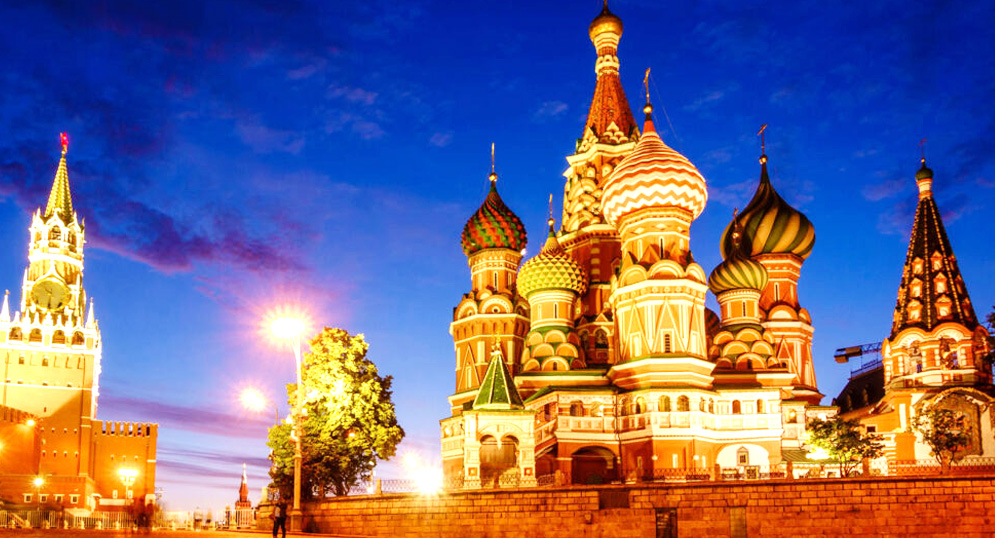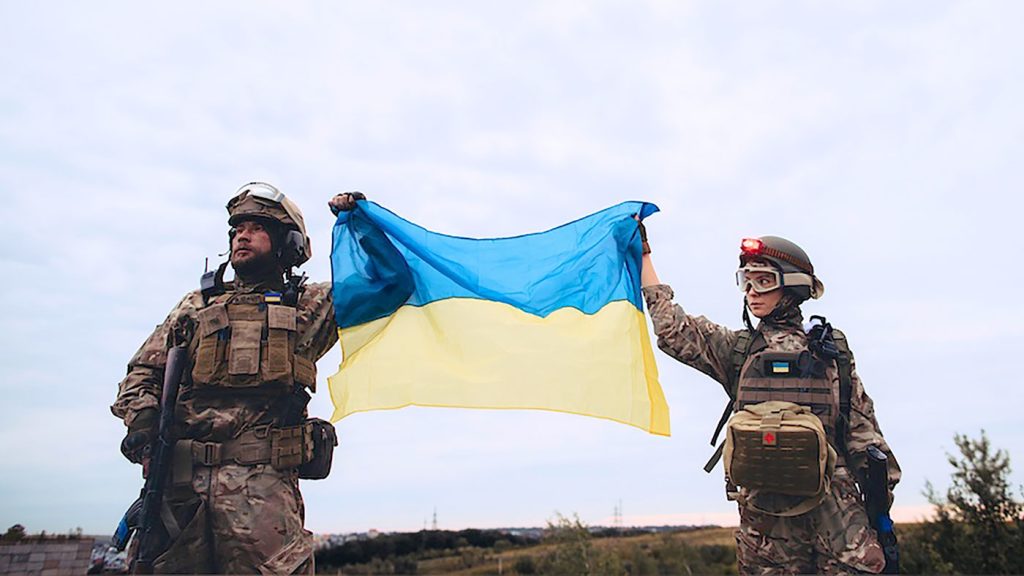
The Church is silent, even though the truth cries out—Russian and Ukrainian Christians in the shadow of war
What happens when churches fall silent, but truth cries out? On GCMM’s radio program, Russian Yuri Sipko and Ukrainian Sergei Demidovich reveal how war has divided Christians, silenced churches, and made the truth conveyed through the media vital – not only socially, but also as a spiritual calling to serve the body of Christ.
The program delved into the situation of Christians in Russia and Ukraine amid the war. Yuri Sipko, former chairman of the Russian Baptist Union, and Sergei Demidovich, a Ukrainian pastor and musician, joined in the conversation. They shared experiences rarely heard in public — how a climate of fear is affecting congregations and how speaking the truth can come at a high price.
To many, Christianity in Russia appears strong and stable on the outside. Churches are full of worshippers, and faith is still visible in public. However, behind this fragile façade lies a darker reality. Yuri Sipko describes a Russia where Christianity is used as a political tool and criticizing the state leads to serious consequences.
The culture of fear and the silence of the church
“It’s not a question about faith in God, it’s about loyalty to the state,” Sipko says, describing how churches are afraid to speak out about the injustices of war for fear of losing their rights or support.
“There is a saying in Russia: a stick and a carrot. The state punishes those who speak out and rewards quiet obedience.” According to Sipko, even those congregations that would like to remain neutral have to make compromises; for example, one bishop did not dare to condemn the war because he was afraid of losing the plot of land on which a church had just been built.
Believers on both sides of the front line
Sergei Demidovich explains how the war has divided believers. Ukrainian Christians expect Russian churches to tell the truth — but most remain silent. Others actively support the war effort.
“We are being bombed, we are being killed. And at the same time, in Russian churches, young men are being blessed who are going to war. This is heartbreaking,” says Demidovich. According to him, Christians now face each other on the front lines, but not as brothers, but as enemies.
The importance of media and time for a new radio ministry
Both Sipko and Demidovich emphasized the central role of the media in bringing the truth into light. While the internet may be censored and monitored, radio still reaches people that other avenues no longer reach. Both interviewees spoke encouragingly about GCMM’s programs bringing hope, giving rise to discussion even in a climate of fear.
“Today, we have the opportunity to use media for truth-telling. And although free media is often labeled as propaganda, it still bears fruit,” says Sipko. He sees a return to radio ministry as essential: “Radio cannot be controlled in the same way. Through it, people can still listen freely.”
Propaganda and fear of the West
Sipko describes how the Russian state has systematically branded Western Protestant churches as enemies. In President Putin’s speeches, Protestantism is presented as a threat to Russia’s historic Orthodoxy. “This attitude is deeply rooted in people’s minds, and it is repeated in the media, schools, and churches.”
For this reason, the voice of truth of the Protestant churches does not easily gain traction, and many believers are afraid. “This is precisely why we must speak the truth. Christ also spoke the truth despite the opposition of those around him, even though it cost him his life. However, the truth did not die – it remained alive,” Sipko reminds.
Hope unites separated people
Although the war has caused a deep divide between believers, both interviewees believe that faith, hope, and love can restore their historically close brotherhood. Demidovich tells how Russian Christians have come to meetings led by foreigners to listen and to thank them for their encouraging words.
They tell us: “Yes, we are afraid, but we are listening.” That gives us the courage to continue. Our task is to speak, even if no one listens.
Sipko emphasized that the Russian people or Christians cannot be abandoned. The Christian calling is not only to proclaim grace but also to defend the truth. Sipko summarizes the message this way: “If the church does not speak the truth, it loses everything. We must return to the foot of the cross.”

